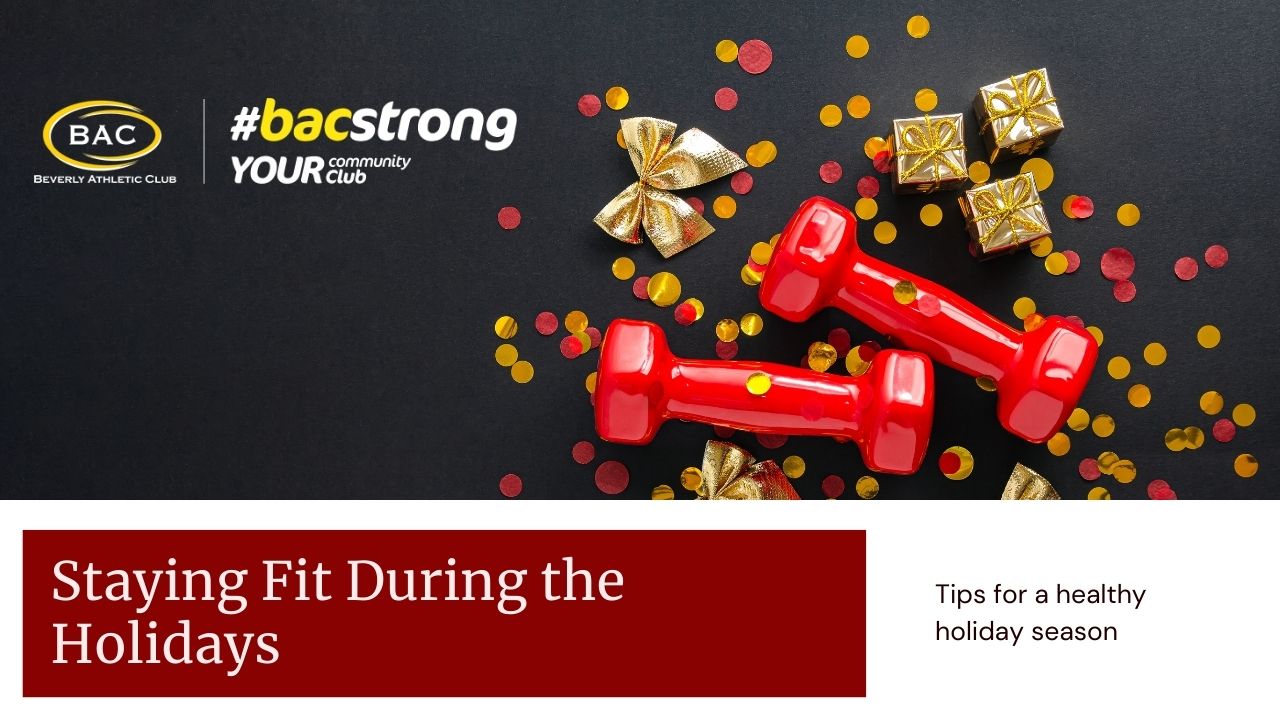I want to help shed to light on trainees who do not dead lift because it hurts their back. It makes sense. If you have pain in your low back region, it makes sense to remove stress/strain from it in order to promote healing the tissues. This comes back to the RICE (Rest Ice Compression Elevation) principle developed in 1978. In 2014 the same gentleman that coined the term talked about how ice may delay healing (Mirkin 2014). So if rest and ice do not promote healing, wouldn’t strengthening the tissues that are weak make sense? Acute back pain that was just injured is a reason to refrain from such an activity. Protocols should be followed mainly by the Mackenzie treatment protocol (2). For chronic low back pain a progressive strength routine, joint mobilization, and soft tissue manipulation (in reverse order) are key factors to treating low back pain. As long as back extensor strength and endurance are present (3). The dead lift is a primitive movement that can be progressed or regressed accordingly. So essentially anyone can do deadlifts as the progressions and regressions are vast.
The gluteals, quads, and hamstrings work in synergy to create strength through your lower body while also generating force through your back to drive the weight off the floor. So essentially anyone who has ever moved or done manual labor has deadlifted before. Have you ever totally refrained from that due to the back pain? Maybe if it’s painful enough, but to say you will have a bad looking lawn or move your house in 100% with movers is an unlikely excuse that you will make. So saying you “cannot” deadlift because of your back pain/tightness/weakness is a “weak” excuse (pun intended). Any workout can be regressed for you. And to refrain from training movements patterns out of fear of hurting your back is like going out to eat and fearing racking up a 1000$ bill. Healing from an injury involves training the pattern. Please share with anyone who has back pain and does the daily rest, motrin, repeat treatment!
-Mike
2. Brian A Casazza, MD, University of North Carolina School of Medicine, Chapel Hill, North Carolina Am Fam Physician. 2012 Feb 15; 85(4):343-350
3. Departments of 1 Community Medicine and Rehabilitation, Physiotherapy; and 2 surgical and Perioperative Sciences, Orthopawdics, Umea University




